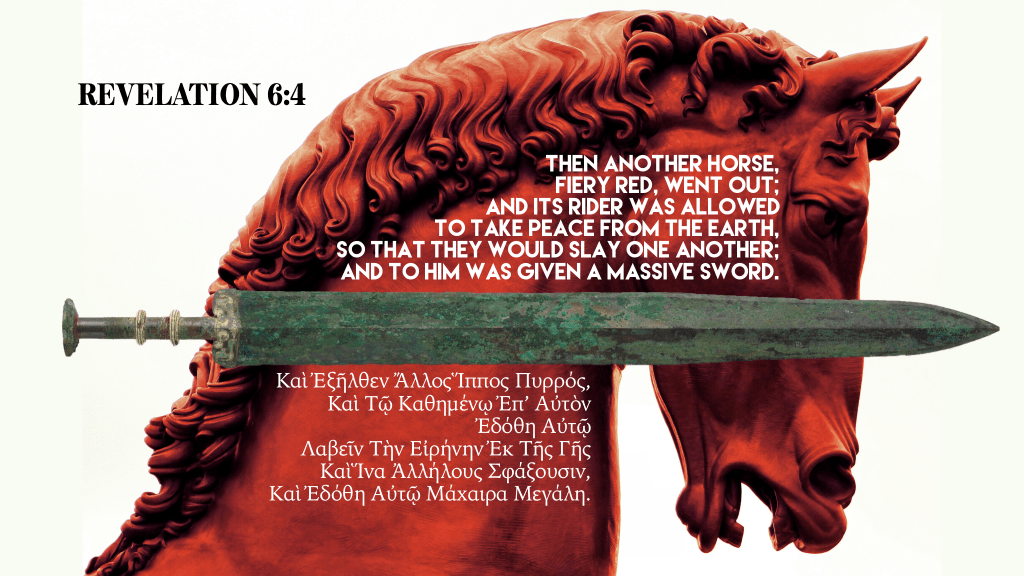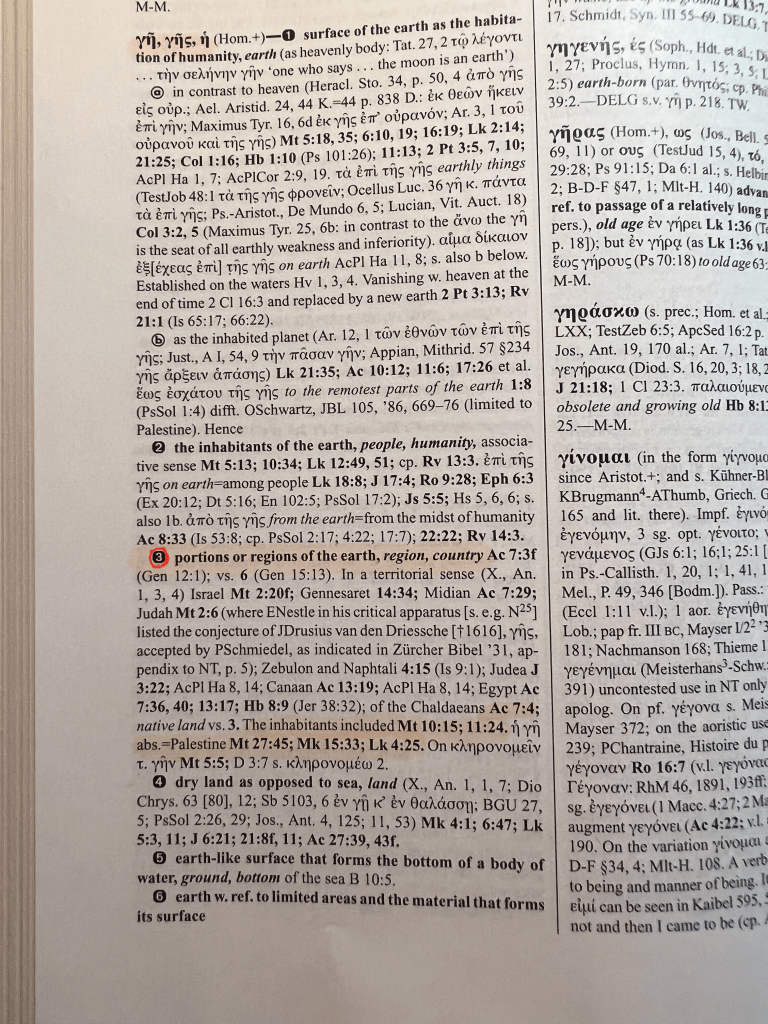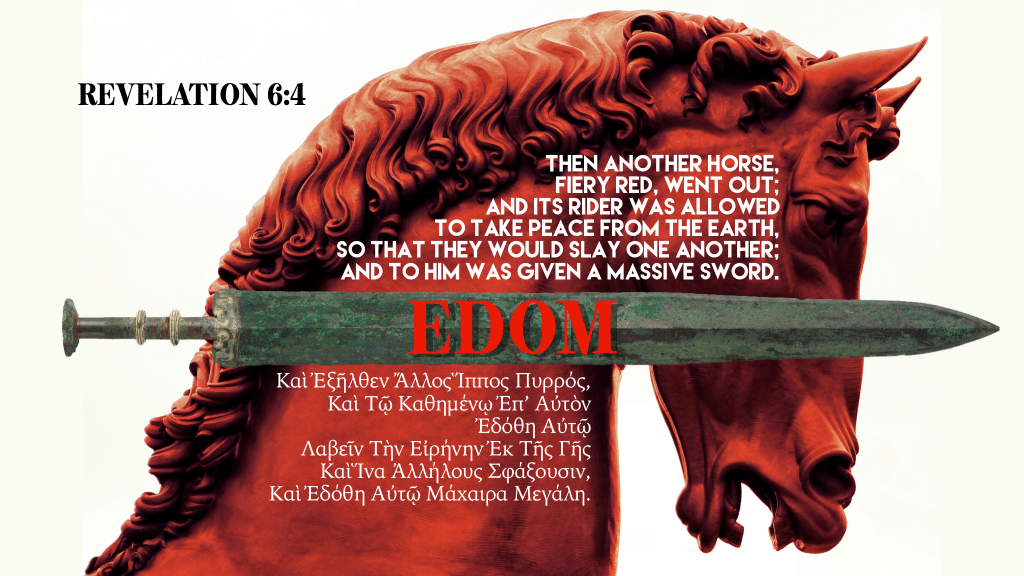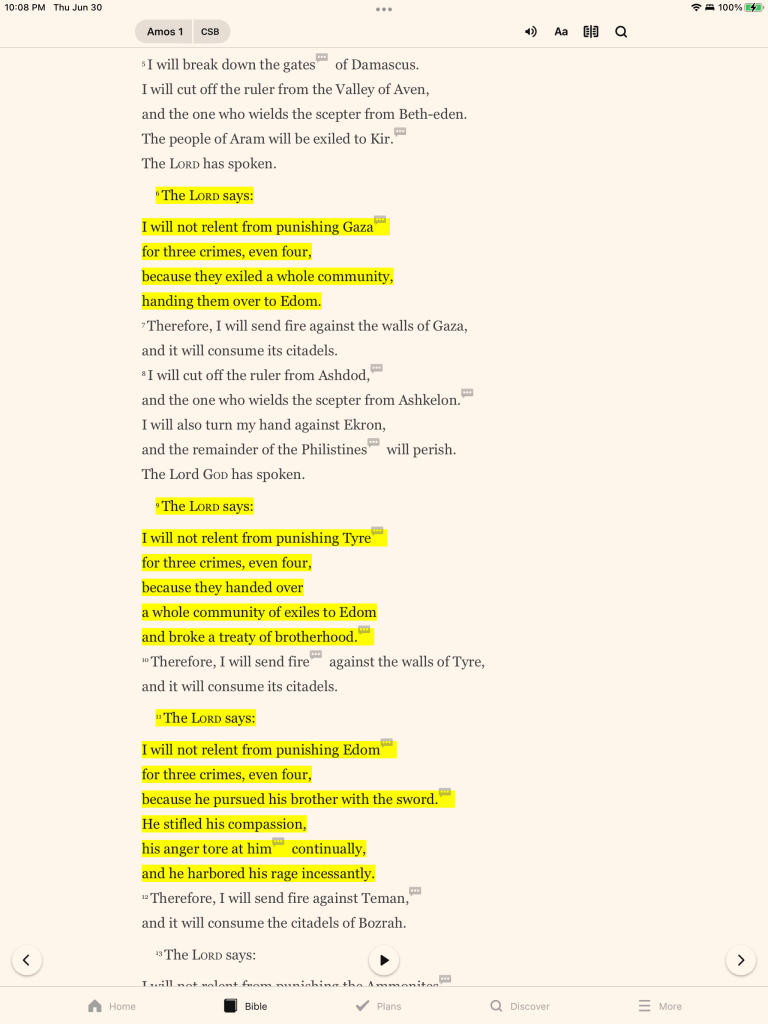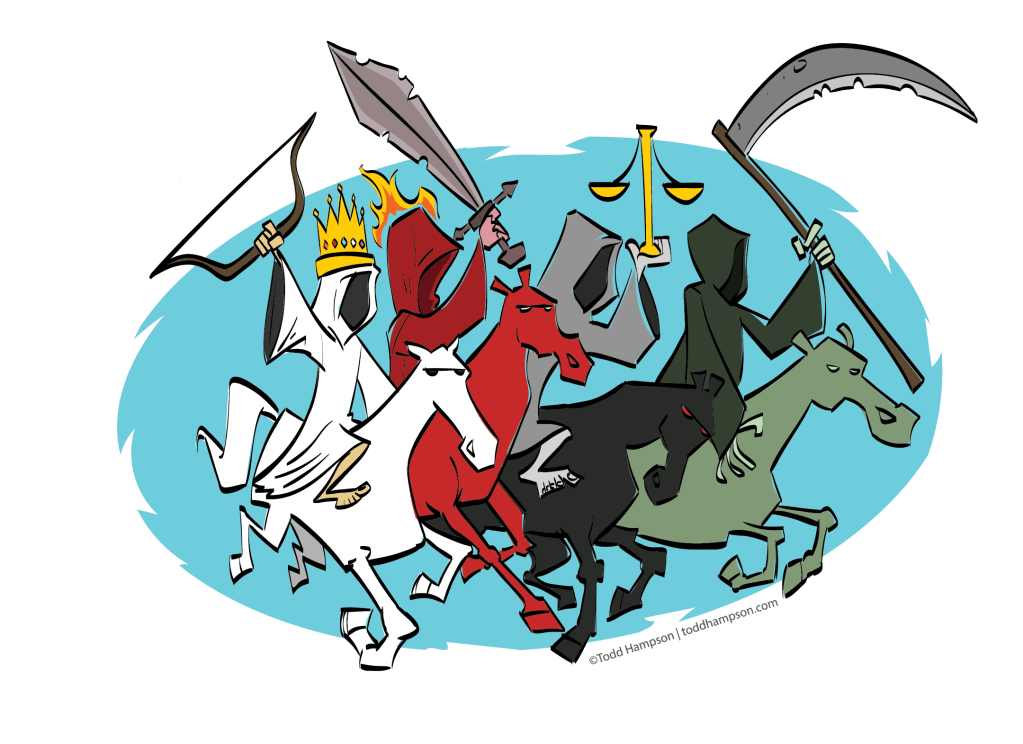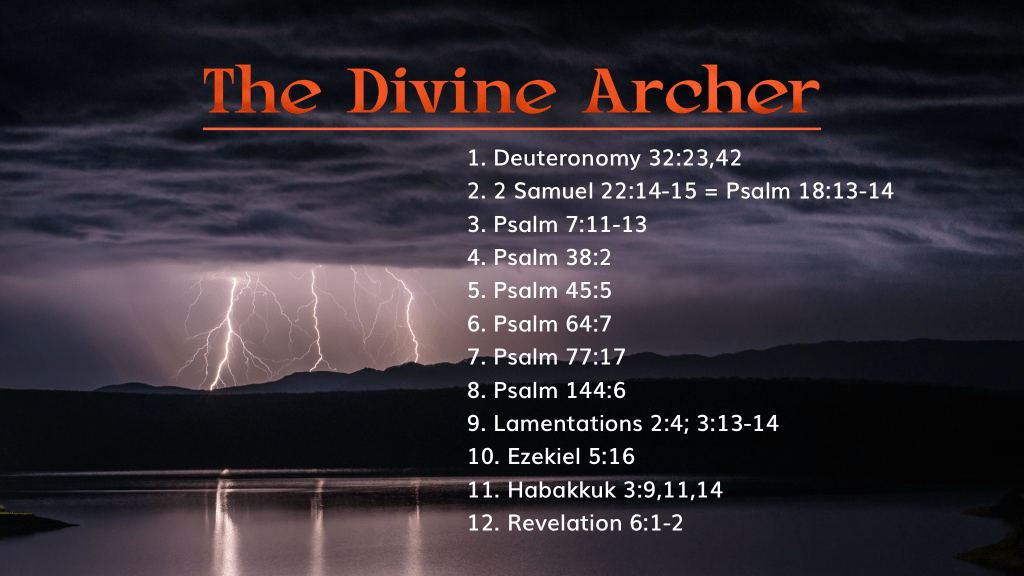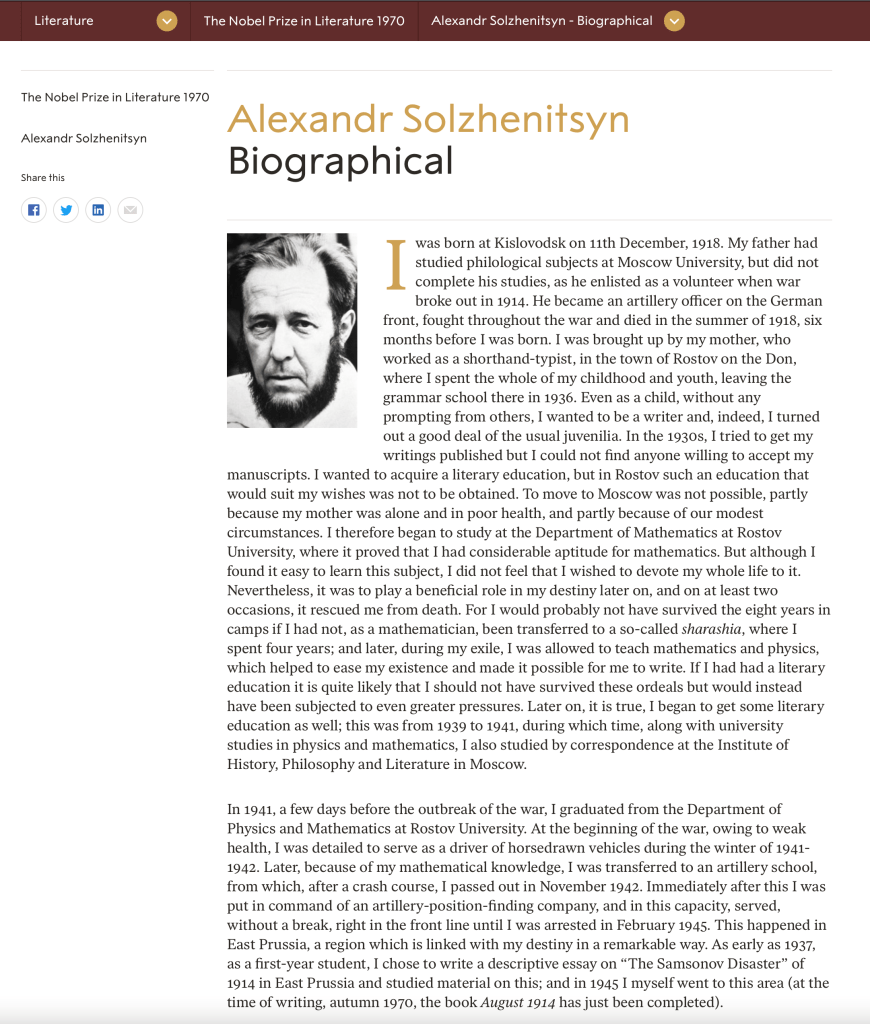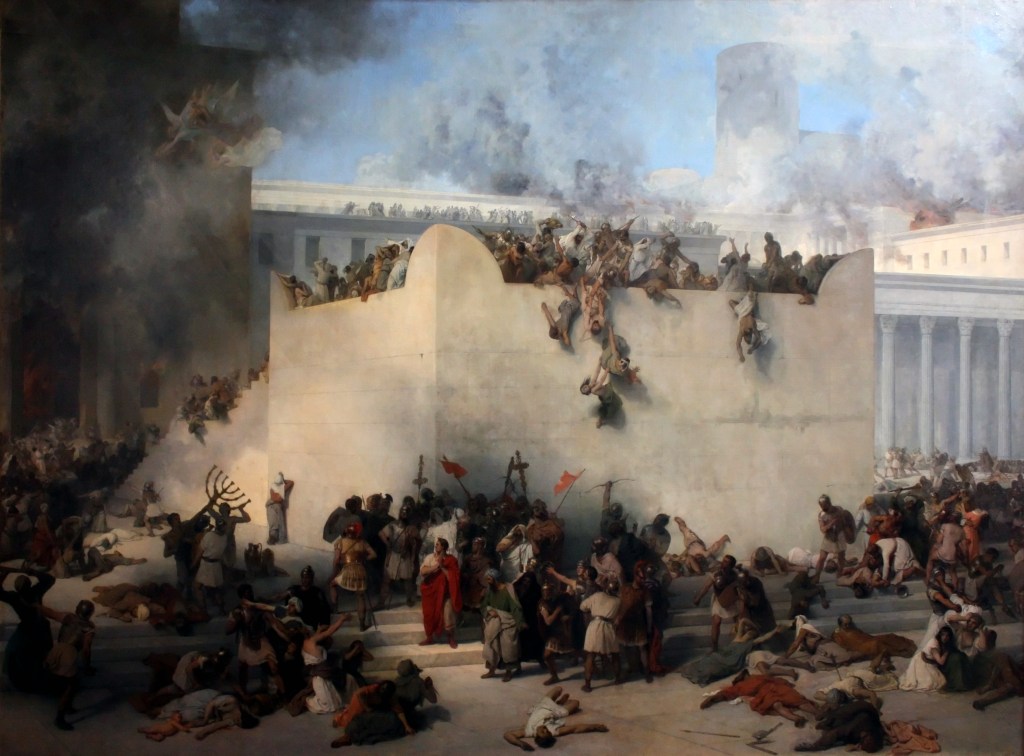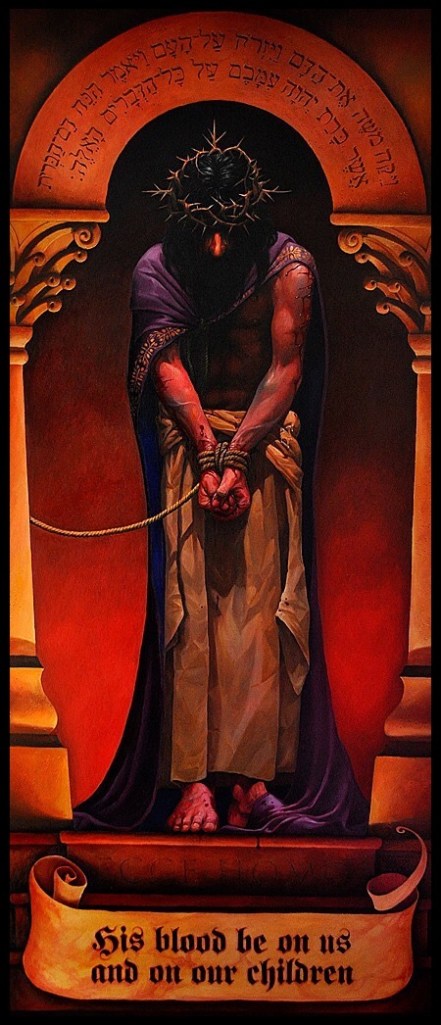Tuesday, July 5, 2022

In my last post, I made a rather bold claim, an audacious claim. I suggested that in one very important and well-known passage from the Book of Revelation our English Bible translators have misled many generations of readers. No, not that our translators intentionally misled us, but their choice of one little word in Revelation 6:4 has misled generations of their readers all the same. In retrospect, the translators could have and should have chosen a better word, I argued. But they didn’t know any better then, so we need to cut them some slack.
Which word did they mistranslate? Our translators gave us the word earth where they should have given us the word land. In a lexical vacuum, the nuance between the two words may seem quite small, rather insignificant, and merely worthy of a “whatever” shrug. But practically speaking, when readers of Revelation 6:4 first imagine and then interpret the passage, the difference between the two words carries immense consequence. That is because English speakers today automatically imagine “the Earth” in global terms, whereas otherwise they might have imagined “the land” as a more confined geographic locality, which is the correct image, actually. Revelation 6:4 makes better sense if the setting is considered a limited geographic region or locality (that is, the land of Israel), and not the entire planet. Thus the claim of a probable misleading translation error was the opening premise in my last post.

From there, I went on to assert what I believe to be the correct identity of the second Horseman of the Apocalypse: The Red Rider, otherwise known as the Crimson Swordsman, is textually identifiable as… drumroll… Edom, Edom the nation. The Red Rider in Revelation 6:3-4 symbolically represents the historical, biblical nation of Edom, the next-door neighbor and sometime arch-enemy of Israel. In this post, I hope to further establish the claim that the Red Rider actually equals Edom by looking into the Old Testament Book of Zechariah, because the Book of Zechariah is where the Four Horsemen of the Apocalypse first make their debut in the Bible. But before I look into Zechariah, maybe I ought to correct something…

After publishing my previous post, a bit of a doubt came to mind — a doubt about the precision of my opening premise. The doubt eventually solidified into a couple of questions: “What if the mistranslation of Revelation 6:4 began even earlier? What if our English translators simply passed along an earlier mistranslation or misconception from another language?” For the sake accuracy, I realized I ought to go research the possibility. But in which language might the mistake have originated? “Ah yes,” I thought, “I should see how Revelation 6:4 is translated in Latin.” And why Latin? The answer is because Saint Jerome’s Vulgate Latin translation became the official (and effectively the only) version of the Bible in western Europe for over a thousand years. Yep, true story: look it up, if you doubt me. Perhaps then the mistranslation misconception about earth versus land goes way, way further back in time.
And for you Latin readers out there, here is Revelation 6:4 per the Vulgate, followed by the Roman Catholic 1899 Douay-Rheims English translation:
Et exivit alius equus rufus, et qui sedebat super illum datum est ei ut sumeret pacem de terra, et ut invicem se interficiant, et datus est illi gladius magnus.
Revelation 6:4 in the Latin Vulgate Translation
And there went out another horse that was red: and to him that sat thereon, it was given that he should take peace from the earth, and that they should kill one another, and a great sword was given to him.
Revelation 6:4, from the 1899 Douay-Rheims Translation
Like me, you may not read much Latin; nonetheless, like me, you might recognize the above underlined word terra as meaning earth or land or ground. For example, terra firma (i.e., solid ground) or terra incognito (i.e., land unknown) are Latin expressions that are sometimes used today by English speakers. Admittedly, I cannot claim any real expertise in Latin. But I wonder if by means of the “stretch-able” Latin word terra we eventually inherited the somewhat more rigid English word earth. Perhaps our current (mis)understanding of Revelation 6:4 had its origins long before English became English. Perhaps our present-day “earth-must-mean-the-entire-planet” presumption was inadvertently conceived back when the Saint Jerome Bible Translation Committee first translated the Apocalypse into Latin in the decades just before 400AD/CE. The real issue, then, would be how the meaning of just two words — the earth — became more fixed and inflexible in English. Perhaps it all boils down to the ascent of science and, especially, to 20th century space exploration. If such is the case, then NASA may be part of the reason we now misread Revelation 6:4. When it comes to Bible translation and interpretation, stranger things have happened. If any of my readers really do read Latin, please let me know if my speculative supposition here has any validity.
Now if the English speaking world has been misled by a (mis)translation or misconception of Revelation 6:4 for hundreds of years, that raises a whole other set of theological questions. One such question is, “Does that imply that this and other portions of Revelation are better understood now than they were in the past?” The answer to that, of course, would potentially be yes. Frankly, in my opinion the word potentially can be crossed out — potentially, and revised to definitely. Yes, diligent scholarship means we are now able to understand the Book of Revelation better than before. Current efforts to interpret the Book of Revelation do yield valuable insights that are beneficial to the Church (even if the same efforts sometimes also result in wacky theories and interpretations). After all, the Book of Revelation was given by the Triune God as a gift, and those who hear it are promised a blessing (cf. Revelation 1:3). Christ gave the Book of Revelation through John the Narrator to the Church for a reason, otherwise it would not have been given.
Without further ado, I want return to the thesis that the Second Horseman represents the nation of Edom. If I may, I have request: Please humor me here. Please just suspend a negative knee-jerk judgment and grant me the hypothetical possibility that it could be so, even if you’re not yet persuaded. I ask that of you because to persuade some of my readers I probably need to continue making my case. And what case it that? I am attempting to gradually construct an interconnected, cumulative historicist interpretation of the Four Horsemen of the Apocalypse (an interpretation which covers the rest of Revelation Chapter 6, as well). With ample reason, I suggest that the Four Horsemen of Revelation, in order, are actually 1) Yahweh (that is, the LORD of Hosts, who was dreadfully present and active in the Exodus from Egypt), 2) Israel’s “brotherly” neighboring nation of Edom, 3) the aggressive, expansionistic, and brutal Assyrian Empire, and finally 4) the short-lived and yet historically pivotal Neo-Babylonian Empire, which destroyed the City of Jerusalem and Yahweh’s temple around the year 586BC/E. Together, these four horsemen acted as Israel’s most notable disciplinarians. By means of the four horseman, God judged the rebellious and “stiff necked” people of Israel and Judah (cf. Nehemiah 9:26-31 for a succinct retelling of Israel’s history of rebellion and God’s disciplinary reaction).
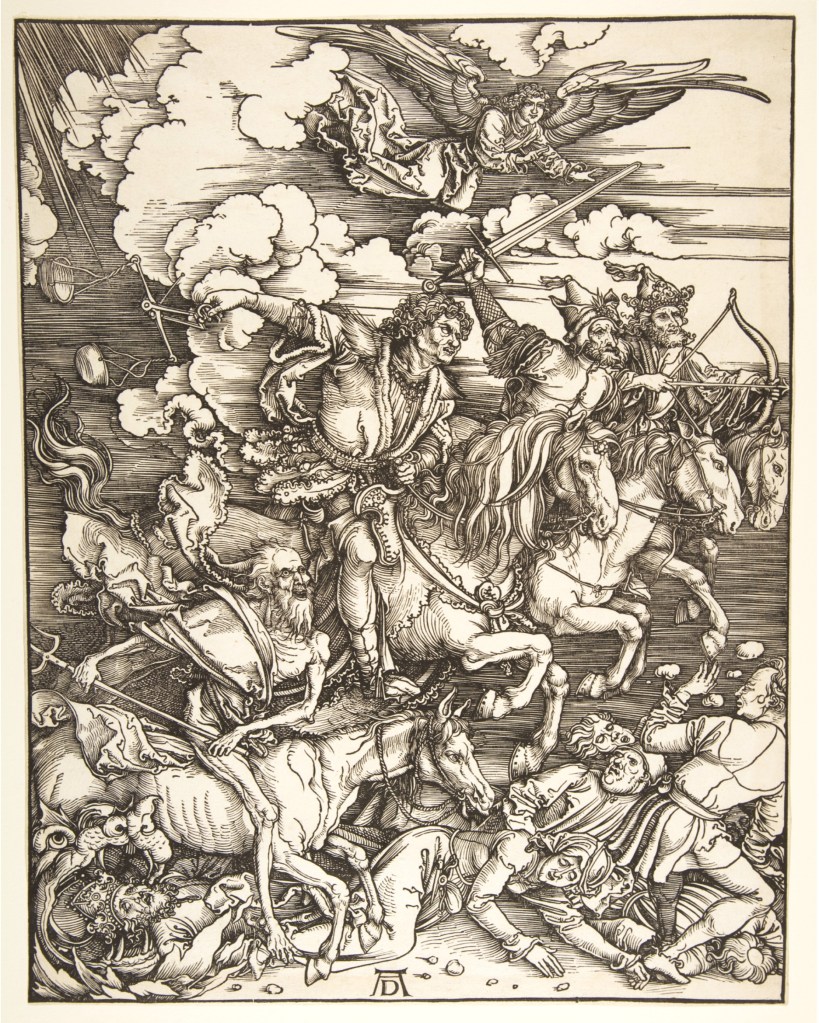
To establish the proposition that the Four Horsemen are whom I claim they are, it is essential to look at a few key passages in the Book of Zechariah, because, as noted previously, that is precisely where the Four Horsemen make their biblical debut. Perhaps it goes without saying, but by turning to Zechariah, I am intentionally following the hermeneutical “rule of first mention,” which is just a technical way of saying that an interpreter cannot presume to ignore the first occurrence of any given topic in the Bible. Stated a bit differently: the first mention of a topic in Scripture almost always provides essential interpretive information — information relevant to subsequent topical material. Since the Four Horsemen first appear in the Book of Zechariah, we should not overlook what Zechariah says. Curiously, though, and for whatever reason, a lot of interpreters of Revelation Chapter 6 do overlook the Prophecy of Zechariah. Indeed, this tendency to overlook the imbedded scriptural antecedents is the primary reason the Book of Revelation often gets misinterpreted. Do remember that, because it is not an insignificant point.

The second portion of Zechariah we should consider is Zechariah 1:8-17, which is where we hear Zechariah recount his vision of the Four Horsemen. But first we should glance at verse 7, so as to get ourselves oriented to the historical timing of his seven visions. In verse 7 we learn that Zechariah received his visions “on the twenty fourth day of the eleventh month, the month of Shebat during the second year of Darius.” That, then, is when these visions occurred.

Well, umm… so what?
Well, eventually that chronological datum might be — indeed, will be — very important. It will be important because of when it falls on the scriptural timeline. Should you triangulate it with other scriptural chronological data (such as the dates given in Haggai 1:1 and Daniel 9:2) so as to determine an exact date, you will discover that Zechariah’s visions are to be situated just after the prophesied 70-year Babylonian captivity. In Zechariah 1:7, Jeremiah’s prophesied 70 years of exile (cf. Jeremiah 29:10) have just been fulfilled and are now recent history. Yes, the fact that Jeremiah’s prophesied 70-year exile has finally slipped into history will definitely matter in our interpretation of the following vision verses.
And why is that? Why will the Babylonian Exile’s final terminus matter in these vision verses? The answer is because it means that the curse is about to be reserved. Both the vision of Zechariah 1:7-17 and the prophecy of Jeremiah 29:10 point back in unified harmony to a much earlier series of promises from God, promises (of judgment for sin, horror, loss, destruction, exile, and yet of eventual restoration) that are first listed in Leviticus 26:14-45. The very same promises are then certified as having been fulfilled in 2 Chronicles 36:15-23 (crucially, see v. 21). In the vision of Zechariah 1:7-17, the most pertinent of these promises concerns the Sabbath-rest of the Land.

Now let’s look at the actual vision. In this first of Zechariah’s seven visions, he beholds a man at night riding a reddish horse in a wooded area; and behind the horseman are horses of various colors, including another reddish horse, a sorrel horse, and a white horse. But unlike Revelation 6:1-8, there is no black horse in this passage. Zechariah doesn’t know exactly what to make of the horseman and the horses among the myrtle trees, so he turns to someone and asks, “What are these, my lord?” In response, that someone informs him, “I will show you what they are.” And then the horseman himself says, “These are they whom the LORD has sent to patrol the earth/land.”

Okay, so thus far the vision is a bit weird. It gets weirder.
Then the riders (plural) report in unison to the Angel of the Lord, who is presumably the individual talking to Zechariah. They say, “We have patrolled the earth/land; and behold, all the earth/land remains at rest.”
For some reason, I imagine these night riders to speak simultaneously in stereo. Please notice that I keep on placing a slash between earth and land. That’s because the original word can be translated either way. But I want to suggest that the best rendering is land, on the assumption that this all alludes back to Leviticus 26. Were these mysterious riders commissioned as septuagenarian park rangers to keep out trespassers, tillers, and would-be squatters? Perhaps these angelic riders ensured that the land got every second of its promised seventy years of rest. I propose that these horsemen thus reported to the Angel of the LORD that they had faithfully completed their assignment. The entire land had indeed received its promised rest.
But wait, there’s more:
Then the angel of the LORD said, “O LORD of hosts, how long will you have no mercy on Jerusalem and the cities of Judah, against which you have been angry these seventy years?”
Zechariah 1:12, English Standard Version
The mention of seventy years here must not be overlooked. This is an all-important allusion to both Jeremiah 29:10 and 2 Chronicles 36:21. The just-past Babylonian Captivity is implied in this allusion.
The vision continues:
And the LORD answered gracious and comforting words to the Angel who talked to me. So the Angel who talked to me said, “Cry out, ‘Thus says the LORD of hosts: I am exceedingly jealous for Jerusalem and for Zion. And I am exceedingly angry with the nations who are at ease; for while I was angry but a little, they furthered the disaster. Therefore, thus says the LORD, I have returned to Jerusalem with mercy; my house shall be built in it, declares the LORD of hosts, and the measuring line shall be stretched out over Jerusalem. Cry out again, Thus says the LORD of hosts: My cities shall again overflow with prosperity, and the LORD will again comfort Zion and again choose Jerusalem.’”
Zechariah 1:13-17, English Standard Version
All of which is to say, now that the exile is officially over, God is going to punish the nations that had destroyed Jerusalem and Judah. And God is also going to bless the rebuilding of Judah, Jerusalem, and the Temple.
As for the Horsemen, the main takeaway from this vision passage in Zechariah is that they were there to make sure that God’s will was accomplished within the Land of Israel, even during the time of Babylonian exile. The Horsemen are thus the agents of God, even when Israel is disobedient and when Israel is absent. This will also hold true in the Book of Revelation, although the Four Horsemen will be revised significantly and might have different identities. The main point of continuity between the Horsemen in both the Book of Zechariah and the Horsemen in the Book of Revelation is that they serve as the active agents of God. They are the enforcers of God’s stated will. And their specific domain is the Promised Land, as opposed to the entire planet.

